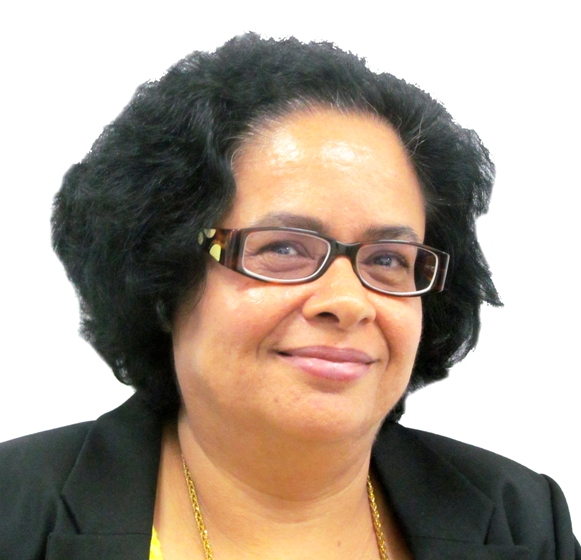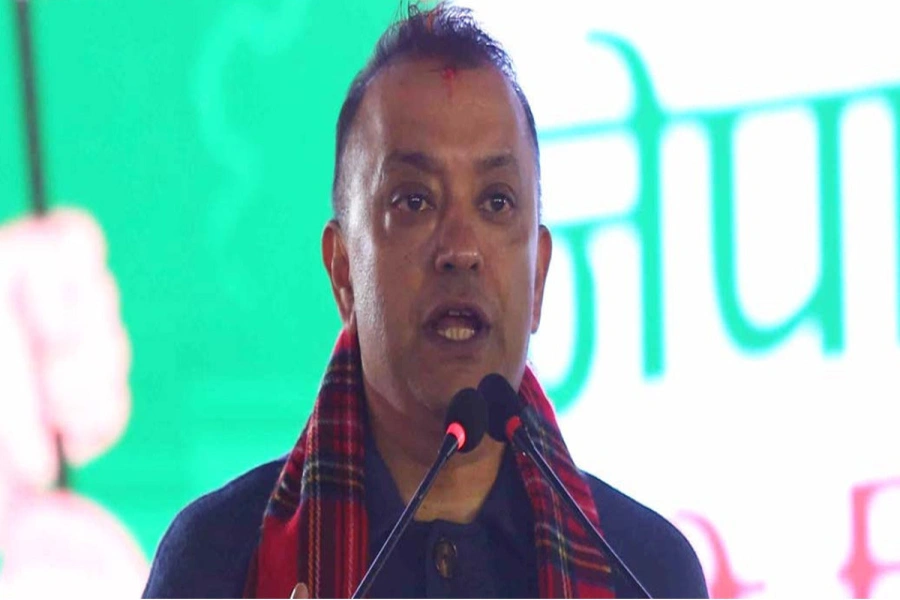KATHMANDU, July 7: A Nepali engineer has worked in a senior role for the past two and a half years in constructing the Philippines’ 150 km long 'North-South Railway Construction' project, which connects Calamba, the South of Manila to the Clark International Airport in the North. This is the largest railway project in the Philippines.
Engineer Sandhya Regmi has been contributing as Contract Manager under an international consultant Consortium. The project is engaging about 2000 experts, engineers and technicians from around 20 countries of the world, where she is the only Nepali engineer in this mega-structured project, which is worth USD 15.8 billion and is funded jointly by ADB and JICA.
The project, which is scheduled to be completed by 2024, involves Japanese, Korean, Thai, Italian, German and Spanish contractors. According to Sandhya, the project continued work even during the Covid-19 pandemic and despite several lockdowns. The project aims to play a crucial role in the country's infrastructure development plan in line with the former Philippine President Rodrigo Duterte's 'Build Build Build' slogan. It will provide the people of the Philippines with affordable state-of-the-art climate-controlled rail-transport, generate employment opportunities and contribute to women's empowerment.
'Rato Tika Nidhar Ma' star knew at an early age he wanted to be...

The project features railways, deploying Japanese state-of-the-art technology (rolling stock), sky bridges, tunnels, airports, construction of huge depots on 33 hectares of land including underground railway stations as well as all buildings and stations equipped with security technology operated by automation technology. The most interesting feature is that it incorporatesADB’s environmental and social safeguard policies in all the stages of project construction, supervision, operation and maintenance, and includes mandatory participation of 20% women population in the project.
Born in Palpa Tansen, Engineer Regmi had won the first place among women in Nepal in the SLC examination of 2041 BS and was awarded the prestigious “Ratna Vidya Padak.” She then went on to do Senior Cambridge from St. Mary's School and ISc From Amrit Science College and pre-engineering from St. Bede’s College in India.
Engineer Regmi then pursued Electrical Power Engineering from the Dresden University of Technology in Germany on a German Government Scholarship and master’s degree in environmental engineering from the National University of Singapore. A connoisseur of Buddhist philosophy, she is also pursuing a doctorate in Buddhism from Lumbini Buddha University.
Regmi started her career in Nepal Electricity Authority in the Kaligandaki 'A' Hydropower Project, and then joined UNDP as an energy advisor. She worked as a senior engineer in the East-West Highway Construction Project in Ho Chi Minh City (Vietnam), and as a Program Manager at Citinet INGO in Yokohama and was a foreign research fellow at the University of Tokyo (Japan). She has successfully presented multiple proposals for the educational development of Nepal's schools at the United Nations Women's Guild in Vienna and established libraries in the schools of Nepal. For the past 20 years, she has been contributing to the development of hydropower, alternative energy, construction of highways, construction of railways and educational quality of the schools in Nepal through organizations in Nepal and abroad.
Regmi, who sees huge potential for massive infrastructure development works in Nepal, has expressed her desire to return home and settle in the motherland. In particular, her experience, expertise and insights are useful to the development of large-scale projects such as hydropower development, railways, tunnels, highways and airports under multinational and bilateral development cooperation.
She shared that her dream of Nepal being connected by railway in east-west, north-south in all directions during her life-time, with state-of-the-art technology, freeing the Nepali people from all the difficulties of transportation, and making that dream a reality, the Government of Nepal has to develop the capacity to invest accordingly, gain economic progress and confidence of the people, and should initiate preliminary feasibility studies by submitting proposals for loan assistance and grants from international and bilateral donors.












-1200x560_20210819165745.jpg)

























